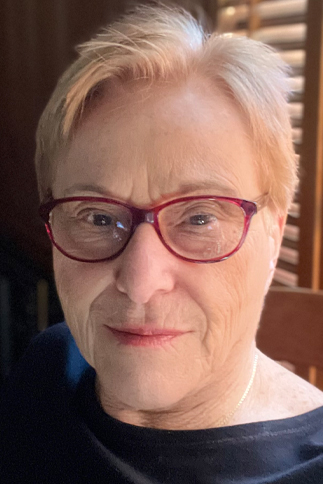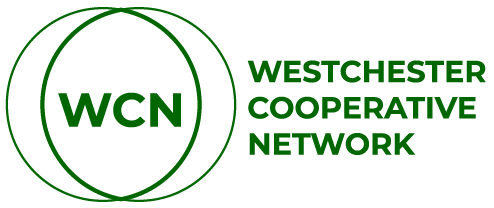Mission and Vision
Westchester Cooperative Network (WCN) is dedicated to fostering a solidarity economy in Westchester County, NY.
WCN is committed to:
Spreading awareness of the worker-owned cooperative model
Supporting the development of worker-owned cooperatives
Coordinating a partner network of cooperatives and other educational, governmental, community and service organizations
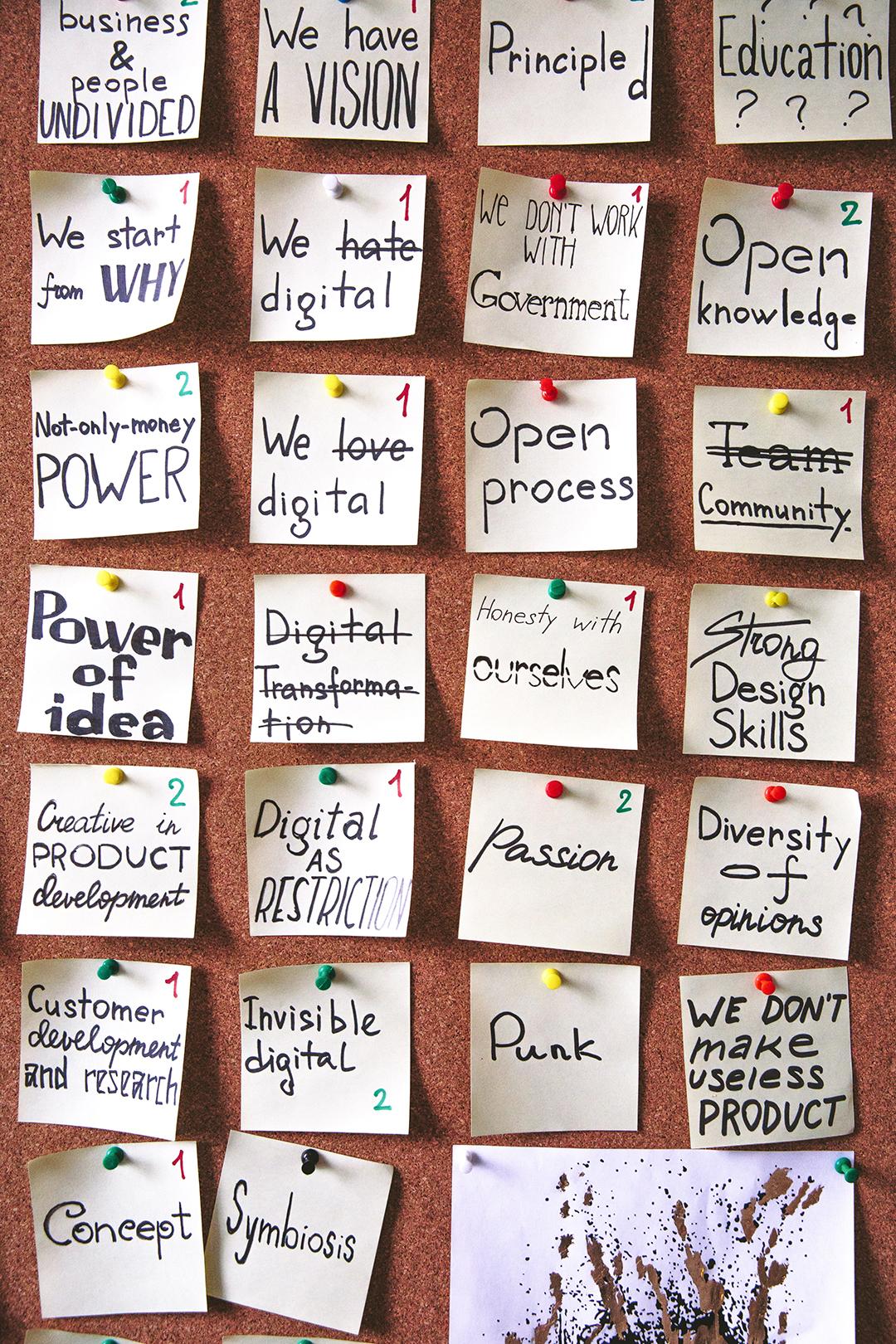
An introduction to cooperatives
We offer an introductory presentation about cooperatives; what they are, the different types of cooperatives, what are worker cooperatives and how to start one. The presentation can be given in person or virtually, depending on the circumstances. Available in English or Spanish.
If you or your organization is interested in hosting a presentation please fill out the form …
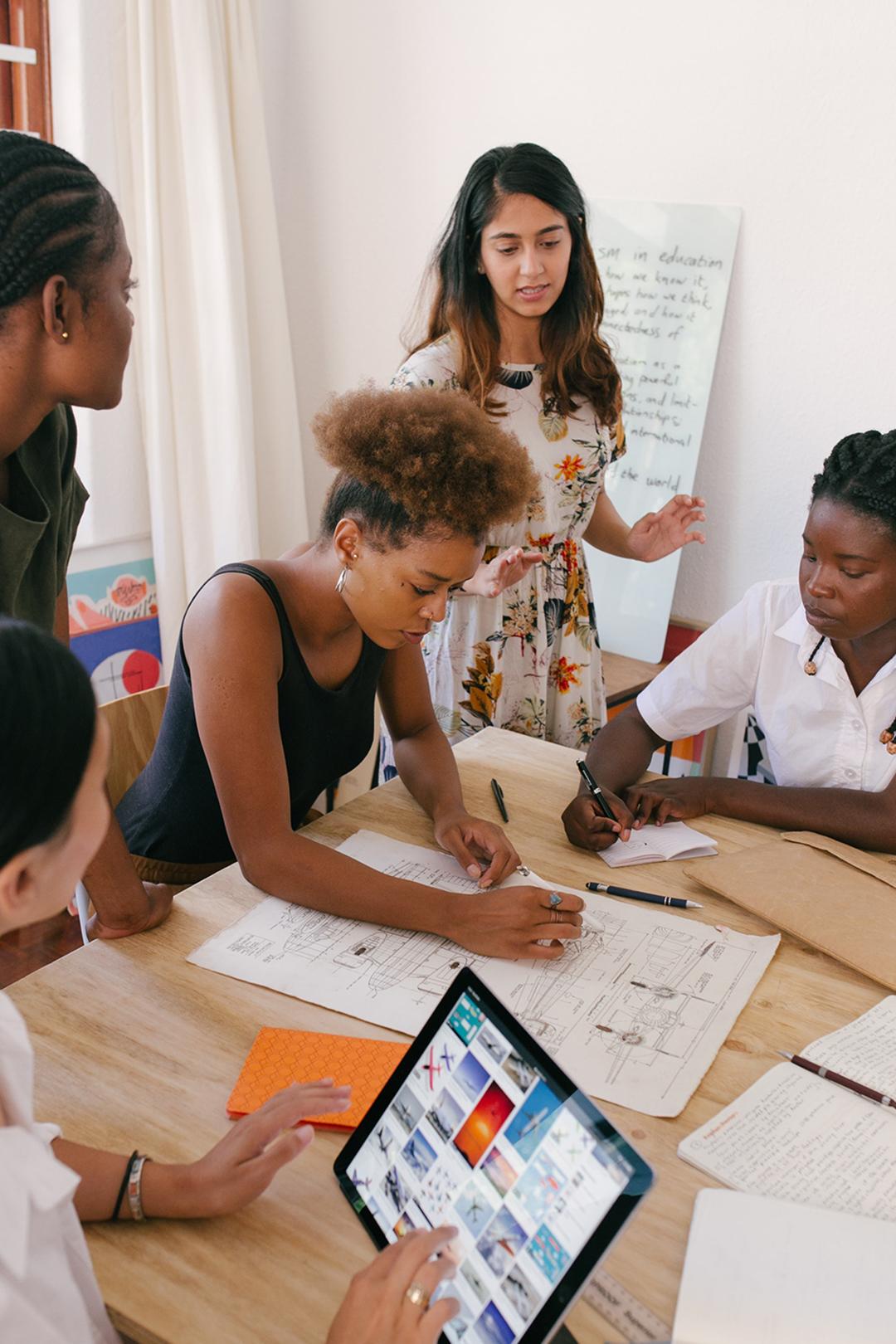
In a world transitioning into a more democratic and transformative system, all cooperatives, whether housing, consumer, producer, or worker-owned, share seven basic principles or pillars
Pillars
The 7 cooperative principles.
01
VOLUNTARY & OPEN MEMBERSHIP
Anyone can join a co-op—they don’t discriminate based on gender, social, racial, political or religious factors.
02
DEMOCRATIC MEMBER CONTROL
Members control their business by deciding how it’s run and who leads it.
03
MEMBERS' ECONOMIC PARTICIPATION
All co-op members invest in their cooperative. This means people, not shareholders, benefit from a co-op’s profits.
04
AUTONOMY & INDEPENDENCE
When making business deals or raising money, co-ops never compromise their autonomy or democratic member control.
05
EDUCATION, TRAINING, INFORMATION
Co-ops provide education, training and information so their members can contribute effectively to the success of their co-op.
06
COOPERATION AMONG COOPERATIVES
Co-ops believe working together is the best strategy to empower their members and build a stronger co-op economy.
07
CONCERN FOR COMMUNITY
Co-ops are community-minded. They contribute to the sustainable development of their communities by sourcing and investing locally.
Who we are
We are a collective of community members concerned about the increasing inequities in our society and inspired by the rich ecosystem of cooperatives growing worldwide. We see worker cooperatives as a mechanism to help local people move towards economic self sufficiency through self-determination.
Nada Khader has been the Executive Director of WESPAC Foundation since May 2001. WESPAC has been a leading force for progressive social change in Westchester County since 1974. Nada has actively promoted the solidarity economy and worker cooperatives for the past twenty years by offering film screenings, panel discussions and community forums on the subject both locally in Westchester County as well as nationally at the U.S. Social Forum.
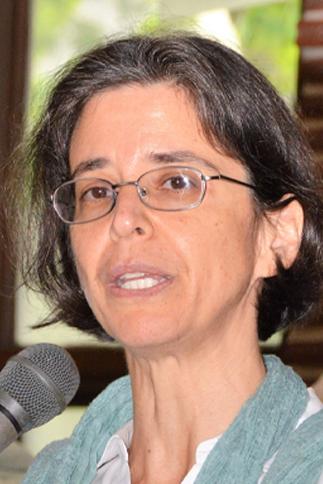
Delia Marx PhD was a professor of Computer Science at Mercy College. Since her retirement, she has devoted her time and efforts to social and environmental causes both locally and abroad. Delia is a Board member of WESPAC and an active member of the Greenburgh Human Rights Advisory Committee. She organized and led tours to Argentina for Global Exchange (globalexchange.org) and WESPAC exploring the socio-economic situation of the country and in particular the experience of worker-owned cooperatives. After learning about the rich ecosystem of cooperatives existing in New York City, Delia co-founded the Westchester Cooperative Network to promote the cooperative movement in Westchester County. She plans to devote herself entirely to this endeavor.
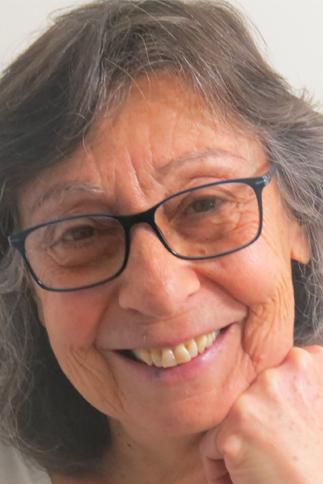
Noël Colaneri is a retired Franchise business owner with experience opening and operating locations in Connecticut and South Carolina. After retiring Noël volunteered at Sure We Can in Brooklyn, NY, a non-profit recycling center, community space and sustainability hub, where she served as Board Member and Treasurer. Noel received a BA in English Literature from Manhattanville College and CPA from the state of Tennessee and practiced public accounting in Tennessee and Connecticut.
